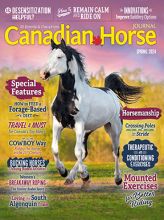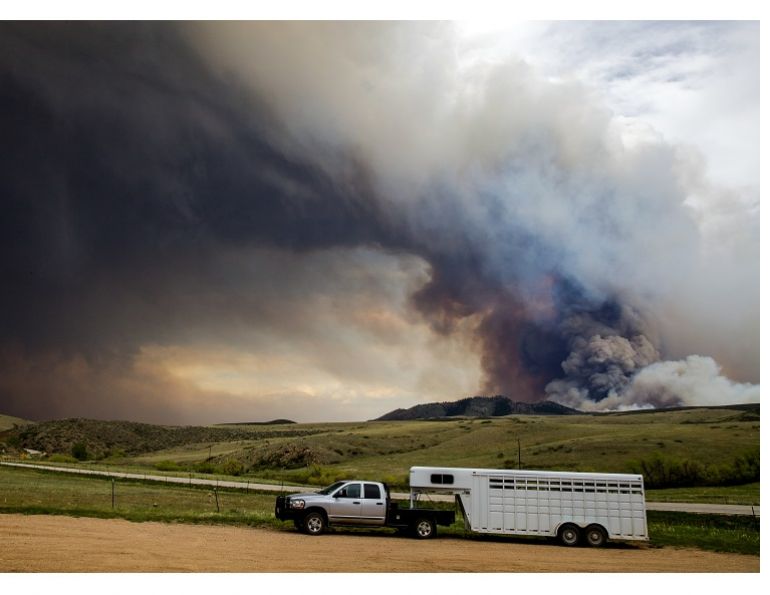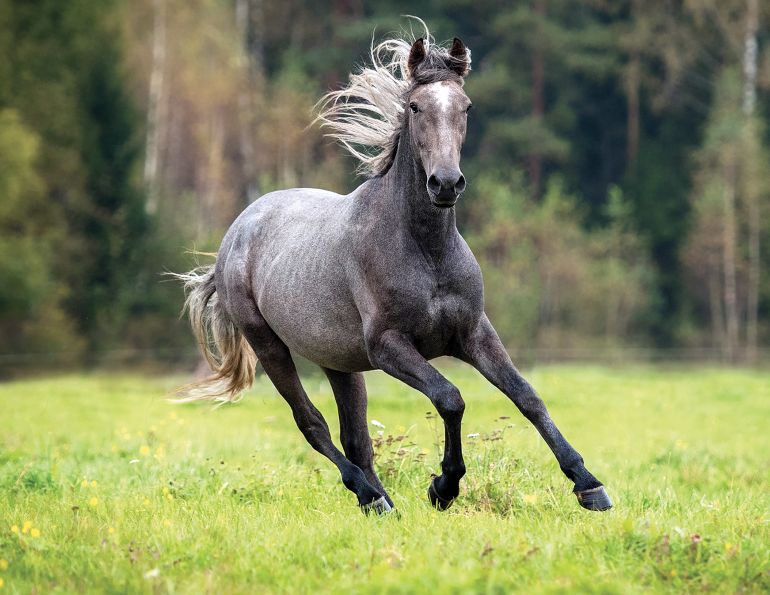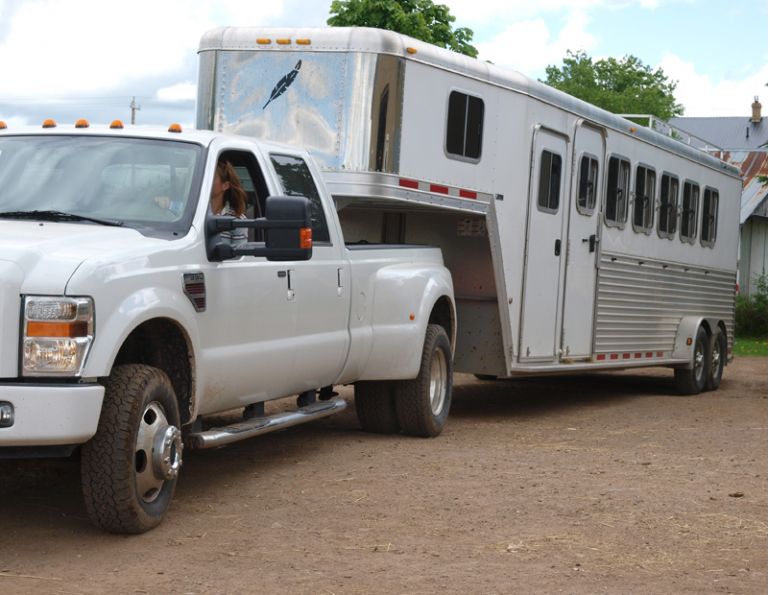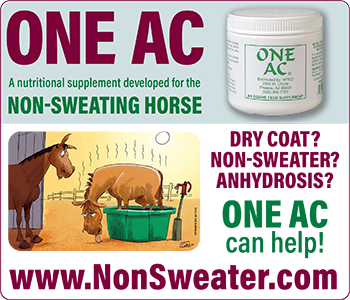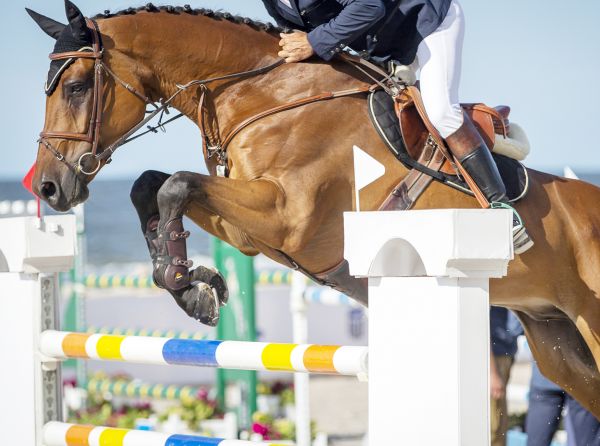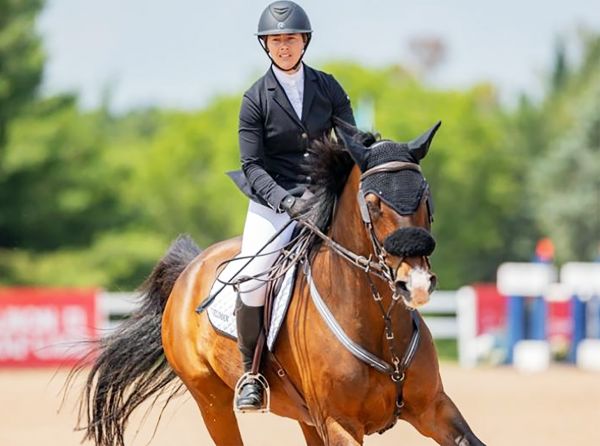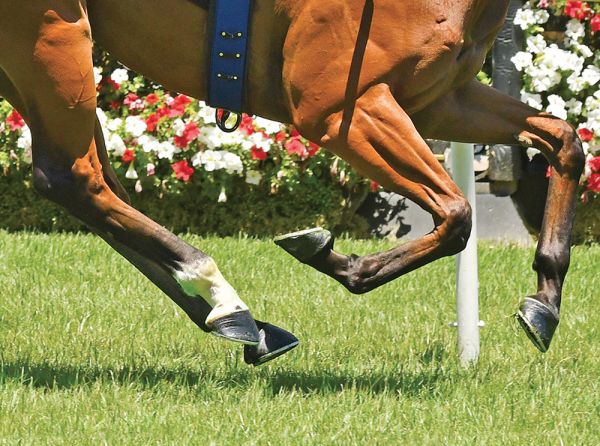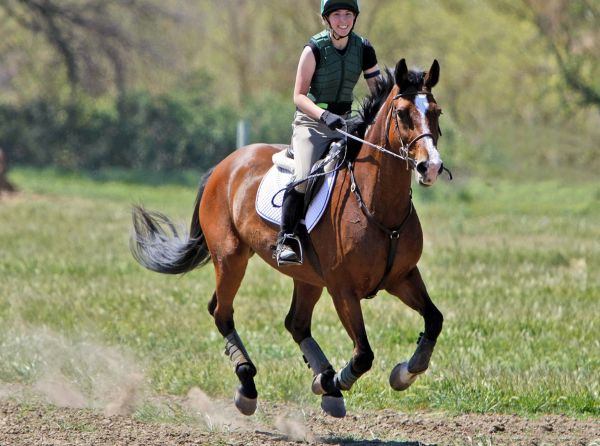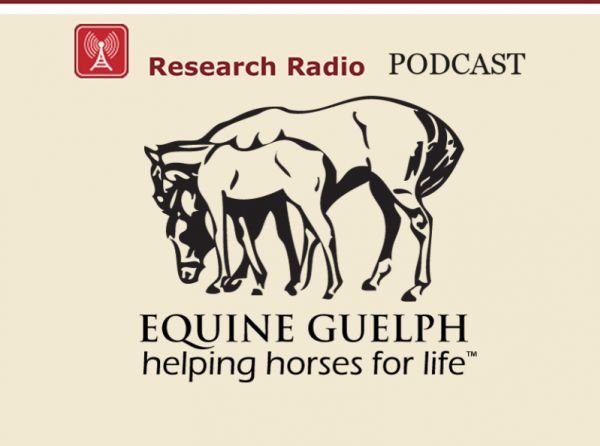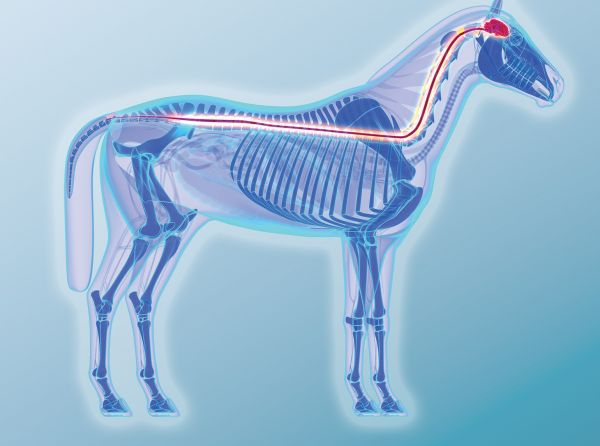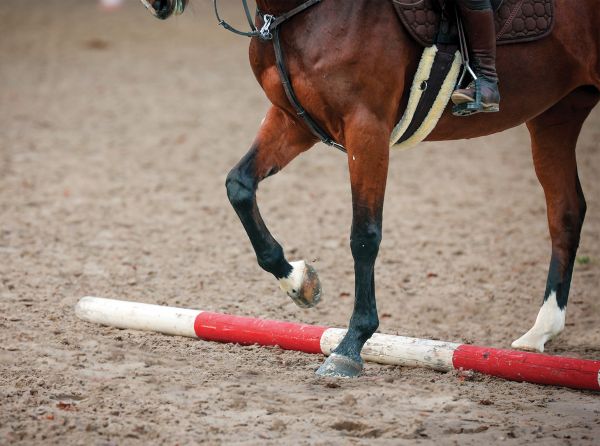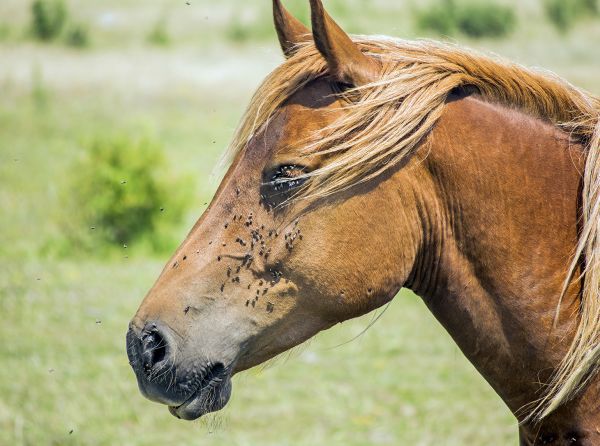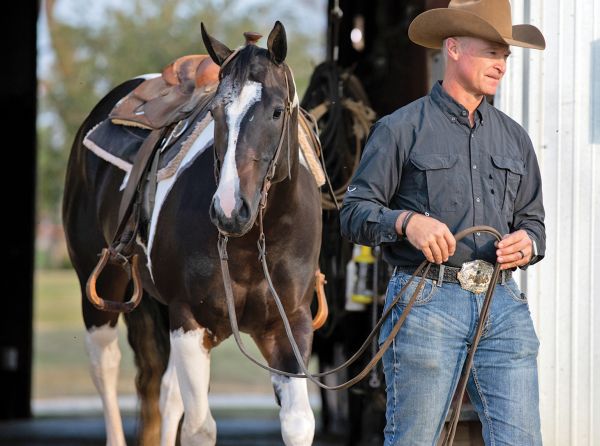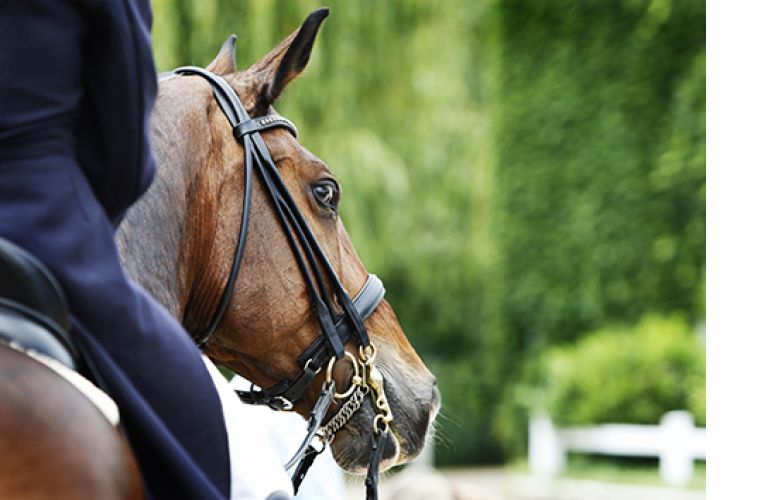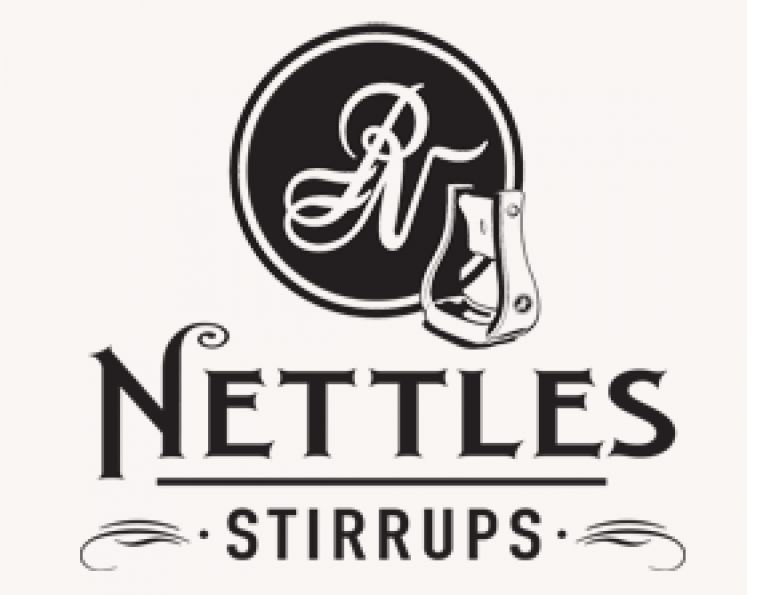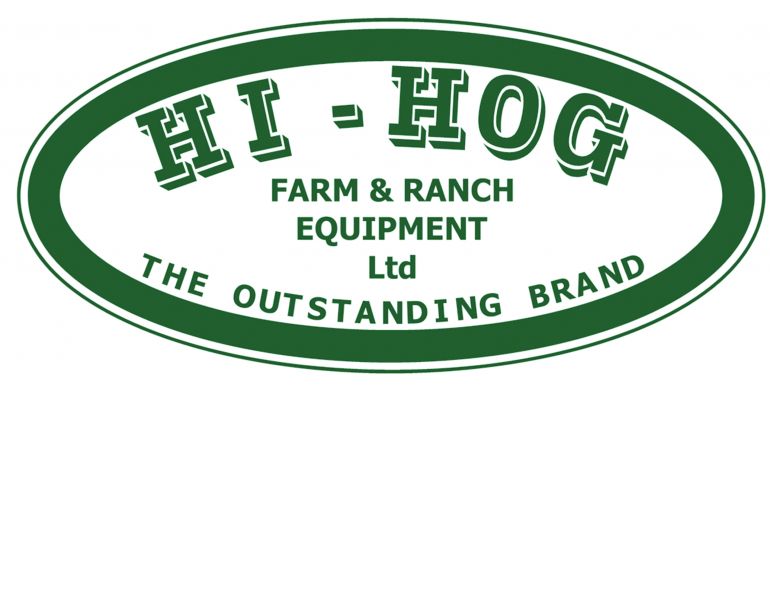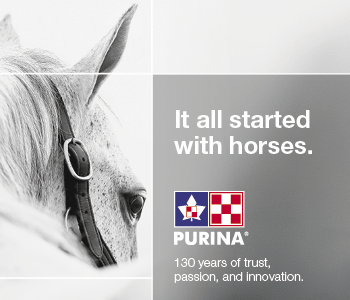Hoofprints On My Heart
By Alexa Linton, Equine Sports Therapist
I’ve been writing for this magazine for several years and have long wanted to write on this topic.
The fact is, talking about death and dying is hard, even when it’s a part of your career. Although I wrote a book about it, and work with animal lovers all offer the world to move through the transition more easefully, it’s still a challenge to go there. So, I’m going to make my best attempt to write on this tough topic, acknowledging that it is emotional, often triggering, and just plain hard to look at. Yet, in my experience, it is made easier through awareness and preparation.
When I wrote my book, Death Sucks: A Straight up Guide to Navigating Your Pet’s Final Transition, I was thinking not only of the countless animal lovers I had met who struggled with death and dying, but also of myself and my relationship with my mare, Diva. I had never felt so connected and “in love” with another animal (and at that time, with another person), and it terrified me to think of losing her. I grappled with this fear while I was writing my book and since. I still haven’t fully released it, but have found more peace by fully accepting that someday she will make her final transition and I will be the one supporting her through it.
Related: Dogs and Horses - Man's Best Friends
Related: How to Support Your Horse Through Change
I have talked with hundreds of people about death, witnessed their pain, confusion, shock, fear, and often, guilt. Through it all, one thing became clear — death can be a minefield when we are unprepared and under-resourced, and an experience of grace when we are prepared and resourced. Either way, it’s going to be hard, but there’s no avoiding the grief if you felt care and love for your horse.
I want to start by saying that I believe the passing of horses can be more challenging than that of other pets. I say this in the spirit of preparation, and to support you in knowing what to expect and plan for. Horses do not tend to die of old age or of their own volition. Rather, they are assisted via euthanasia because of colic or other digestive issues, unresolvable or debilitating pain, injuries or fractures, choke or disease. Some of these situations we can prepare well for, but many we can’t. They are big animals and as such, their death, even by euthanasia, can be hard to witness, and the choices for their bodies post-life are not always ideal. When we are considering timing, we need to think about things like the weather (if the aging horse can thrive through another winter), sleep patterns (whether the horse can still get up and down and be able to sleep), hooves (whether the horse can still pick up its feet for a farrier), and the state of the ground (frozen ground is a big consideration if you plan to bury). Often, we must make the final call about euthanasia, which can be a heavy burden to bear during and after.
Related: Horse Colic - Causes and Recovery
Related: A Conversation with Animal Behaviour Expert Dr. Temple Grandin
This is not intended to scare you, but to allow you control over what you can control, and to process this information now rather than while it is happening and you are not in a state of mind to manage logistics and details. Most of the preparation we can do is by building our emotional bandwidth. Movement and processing of emotions in the healthiest way possible allows us to be with our fear of death now, so we can love our horses with our whole hearts and enjoy our time together to the fullest extent.
There are three main phases to prepare for: before, during, and after. These phases are unknown and unpredictable, so preparation actually looks a whole lot like accepting what is — being with our emotions in each moment; taking care of our herd, ourselves, and our health; asking for help; and connecting with our horse communities well in advance about specific logistics in our area. Preparing for a sudden or shocking passing is almost impossible, and this is where resources like good friends, vets, and counselors are essential. You’re going to need people to support, love, and care for you through your grief and shock, so you can show up for your horse, your herd, and yourself.
Related: The Unridden Horse - Improving Connection and Communication with Your Horse
Podcast: Gracefully Navigating Transitions with Horses
I know this is probably hard to read so I’ll give you my best guidance and hope a few things will resonate and support you in your unique process.
- Work with your grief. We all have pent-up grief, which is actually love for those we have cared about and lost. It’s essential to allow this emotion to move and express. It’s natural to experience anticipatory grief before your horse’s passing, especially if you are witnessing a change or decline in health. After a death, letting yourself experience this emotion is healthy and important, and giving yourself time and space to feel is both hard and very helpful.
- Take care of yourself during this process. Eat well, drink water, sleep when you are able, see your friends, connect with a therapist if needed. There are amazing therapists who work specifically with grief and loss.
- Don’t let anyone say “it’s just a horse” in an attempt to make you feel better. They are trying to make you stop being emotional so they will feel more comfortable. Your horse is your beloved family member whose passing is as challenging as the loss of any loved one, human or otherwise.
- Work with an animal communicator or other professional if you need support around timing, fear, logistics, or other unknown aspects of this transition. We are not meant to do this alone, and often your horse will have input as to what they want or need.
- If you can, let your herd be with the body of their herd-mate. This will allow the herd to grieve naturally and process the loss in their own time.
- Do what it takes to be there for your horse during their passing. You were the horse’s anchor in life as you are in this final transition. Do the emotional and mental work to be able to face this day together, for the love of your horse.
- Research after-life options in your area well before any concrete plans are required. Talk with your veterinarian, barn owner, and others to understand the steps in this process and to make a plan that feels good for you and your horse and herd.
- Allow death to be a ritual. Collect mane hair if it feels right; adorn your horse for the final transition; ask your good friends and friends of your horse to be a part of the passing so you don’t have to do it alone; sing a song; write a poem; have a painting commissioned or a photograph framed. Do whatever feels right to honour your horse and your partnership. Take the time you need with your horse’s body and with the things you shared. Naturally, all of this may feel painful and hard, but if you allow the wave of challenging emotion to move, your love for your horse and from your horse will be there waiting.
- Need more support? Read my book (available on Amazon) or listen to my Whole Horse Podcast episodes with Tara Davis, Betsy Vonda, and Dr. Tracy Rainwaters.
If you got through this list, well done. If not, just keep this article around for when you’re feeling more ready and resourced.
I hope some of what I shared feels helpful, and that you feel a little more prepared and able to support your horse through their final transition. Until then, I wish all of you and your horses long and fulfilling lives.
Somewhere by Stanley Harrison
Somewhere… somewhere in time’s own space
there must be some sweet pastured place.
Where creeks sing on and tall trees grow
some Paradise where horses go.
For by the love that guides my pen
I know great horses live again.
Happy trails!
Related: Sparky the Wonder (Senior) Horse
Podcast: Being with Loss and Creating a Legacy with Josh Nichol
Related: Get-It-Done Horsemanship
Photo: iStock/Gina Stoltenberg


